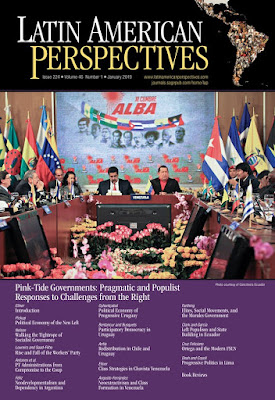As the school
year starts, teachers in the highly indigenous Mexican state of Oaxaca are
revving up their struggle against neoliberal education reform – two months
after federal police massacred protesters near the town of Noxichtlán. The
radical National Coordination of Education Workers (CNTE) has recently called for continuing road blockades and
has pledged to continue its strike,
and the freeing of political prisoners has been one aspect of their continuing
negotiations with the Mexican Secretary of the Interior.
The following is
an Aug. 4 interview with Victoria Tenopala Juárez, a member of the Council of
Oaxacan Autonomous Organizations [COOA], who discusses the state of the
movement as well as the case of her husband, the indigenous political prisoner
César León Mendoza.
On June 19,
eight Oaxacans were killed when federal police attempted to dislodge protesters’ highway blockade at
Noxichtán, which they
had maintained to pressure the government to undo the federal education reform,
first fully enacted in Oaxaca in 2015. The independent journalist León Mendoza
had long worked to support and document the movements against this and other neoliberal
reforms, and was arrested in late 2015. He currently faces four charges,
including attempted homicide. He was originally held at a state prison in
Miahuatlán, Oaxaca, 2.5 hours from his family. Direct action campaigns in
February 2016 in Oaxaca led to his transfer to the Ixcotel prison, in Oaxaca
City, Oaxaca, which is closer to his family and support networks.
This interview was conducted in Spanish
by Eric Larson*, who translated it and edited it for length.





